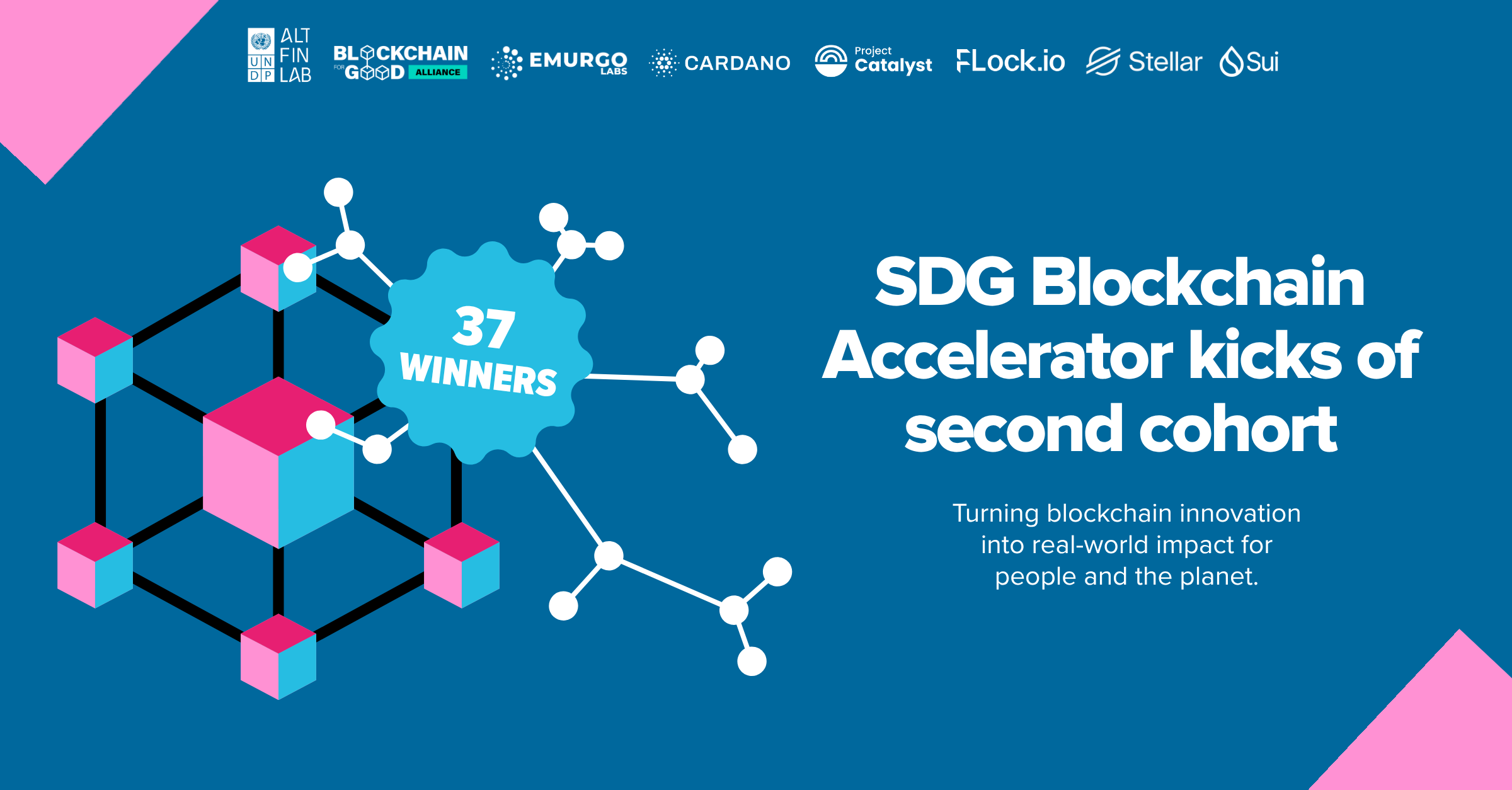
37 Teams Selected to Join Cohort 2 of the SDG Blockchain Accelerator
The SDG Blockchain Accelerator has concluded its 2025 virtual global hackathon sprint with 37 winning teams selected to join Cohort 2. Over the next four […]
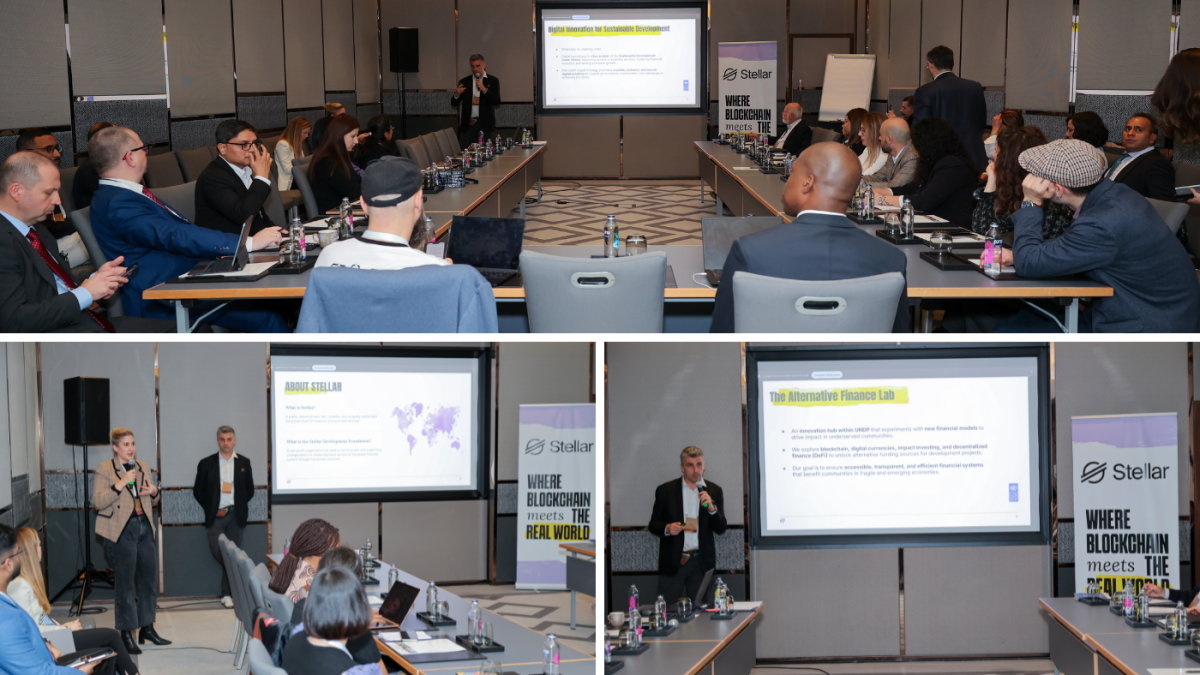
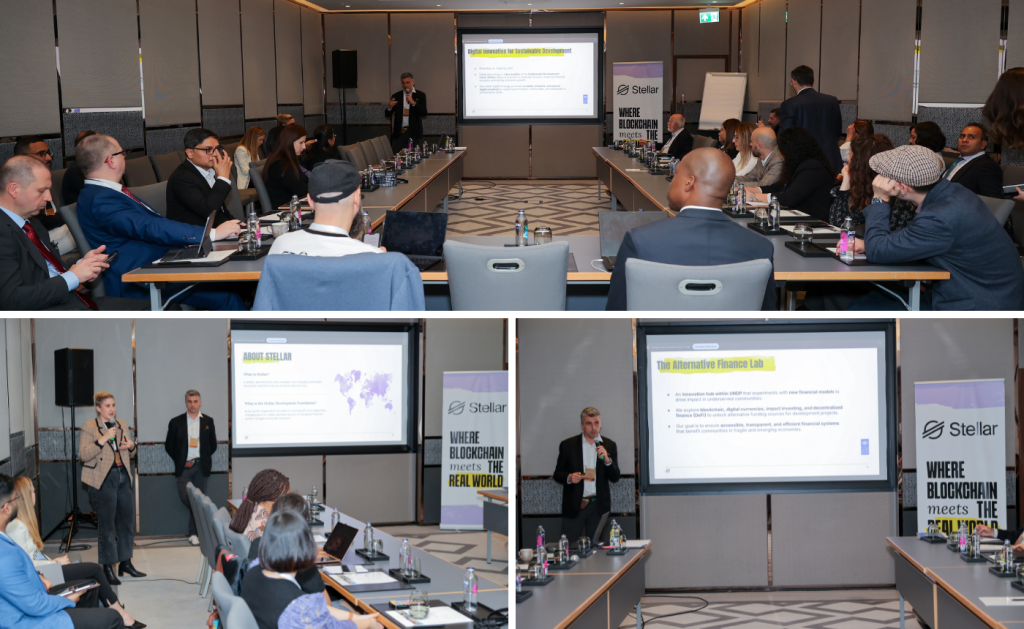
Following the Istanbul Innovation Days held in March 2025, we are releasing a series of articles capturing key insights, bold ideas and solutions that emerged from the conversations on institutional innovation. From reimagining partnerships to leveraging frontier technologies, these stories showcase opportunities to rethink and transform institutional paradigms.
Digital payments are no longer just an emerging trend – they’re reshaping the way we think about inclusion, public finance, and service delivery. At Istanbul Innovation Days, UNDP’s Alternative Finance Lab and the Stellar Development Foundation (SDF), a nonprofit organization that supports the growth and development of the Stellar blockchain network for accessible and inclusive financial systems, co-hosted a session to bring this transformation to life, through hands-on exploration and real life experience of how digital payments work.
During the session, we highlighted the global trends driving this change: today, nearly one billion digital wallets are in use, and stablecoin transactions have surpassed $1 trillion each month. These developments are creating new opportunities to streamline remittances, improve government-to-person payments, and unlock access to financial services in remote areas.

With around 50 participants from across governments, partners and UNDP, the session offered more than just an overview of the potential of blockchain – it was a deep dive into the rapidly evolving world of digital payments, exploring not only how decentralized technologies can transform traditional financial ecosystems, but also the current barriers such as limited infrastructure, regulatory uncertainty, and digital literacy gaps, with a huge potential to either bridge or widen financial inclusion, depending on how these challenges are addressed.
Participants learned how digital payments work and, more importantly, how they could be implemented in their own countries and projects. Through an interactive presentation and live demos, attendees got a firsthand look at how fast, secure, and low-cost digital transactions can be, especially when powered by blockchain technology.
During the breakout session, participants engaged in a live demo that put digital payments to the test. Each person set up a digital wallet and received blockchain-based funds in real time – proving that, with the right technology, payments don’t have to take months. They then used those funds to instantly donate to an NGO of their choice, demonstrating how fast, transparent, and direct digital giving can be. We demonstrated that there is no longer any need or excuse for payments to partners or beneficiaries that take months. The session sparked concrete interest from development professionals, who asked how digital wallets could be integrated into social protection programs, how tokenized payments might reduce losses, and what legal and operational steps are needed to scale such solutions responsibly.
In co-hosting this session with the SDF, we aimed to bridge the gap between emerging technology and practical development solutions, such as with TPN in Ukraine, a GIZ case study and Decaf Colombia example, a UNHCR case, and Rumsan case study. And based on the feedback and follow-up interest, it’s clear there is a strong appetite across the development sector to explore what’s next in digital finance.
This session was just one step in a growing collaboration between UNDP and SDF. Through a joint research initiative in 18 countries across regions – MENA, Latin America and Eastern Europe regions – we are assessing the opportunities and challenges of deploying digital wallets and tokenized cash assistance in real-world settings. Beyond research, our partnership is also helping us pilot projects in regions like MENA and Latin America to test how these technologies can enhance social protection schemes, climate finance, and humanitarian aid. With partners like SDF, UNDP is committed to leveraging blockchain technology as a tool to help countries build faster, more inclusive, and more resilient public services, grounded in real needs and real impact.
RELATED POSTS

The SDG Blockchain Accelerator has concluded its 2025 virtual global hackathon sprint with 37 winning teams selected to join Cohort 2. Over the next four […]
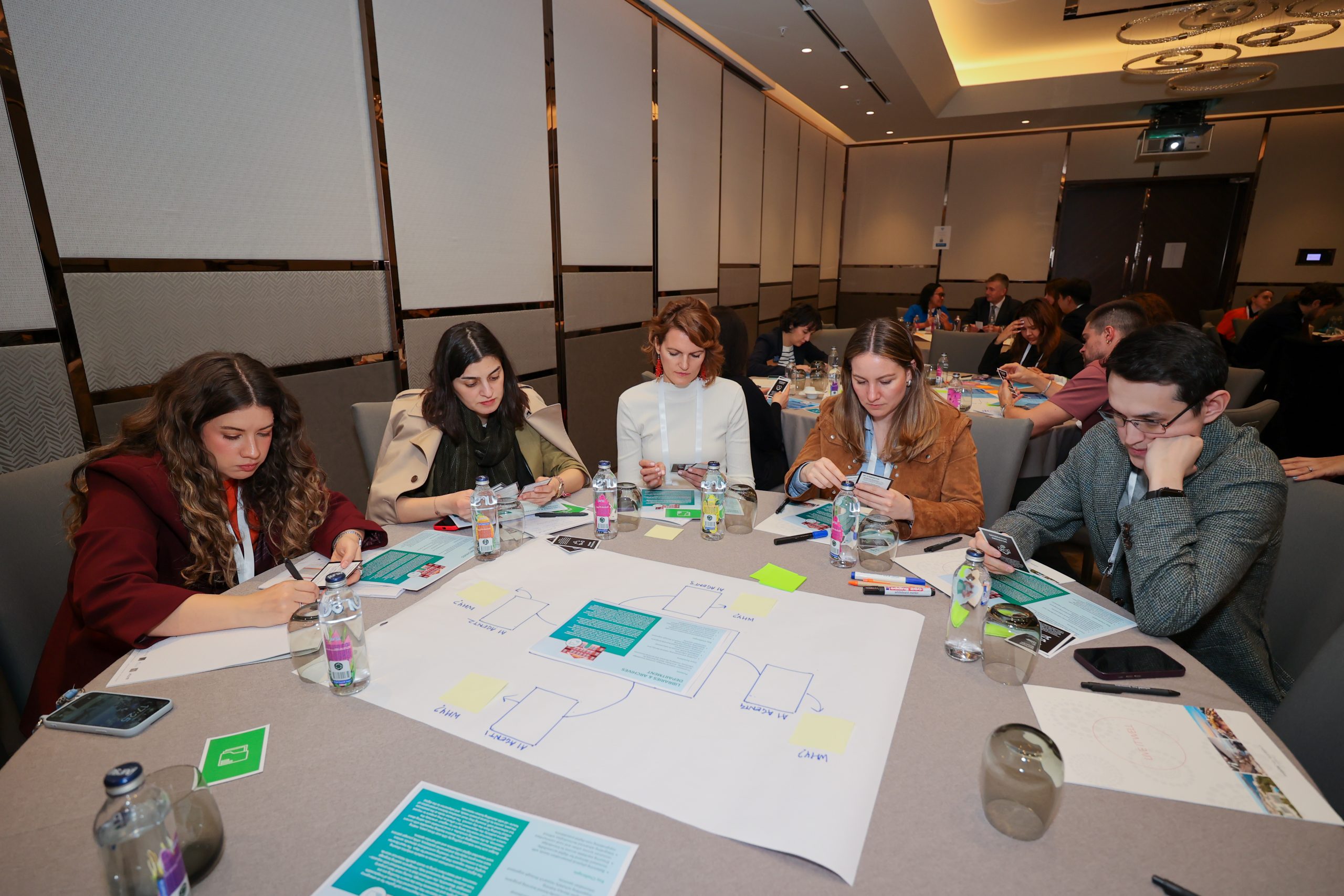
Following the Istanbul Innovation Days held in March 2025, we are releasing a series of articles capturing key insights, bold ideas and solutions that emerged […]
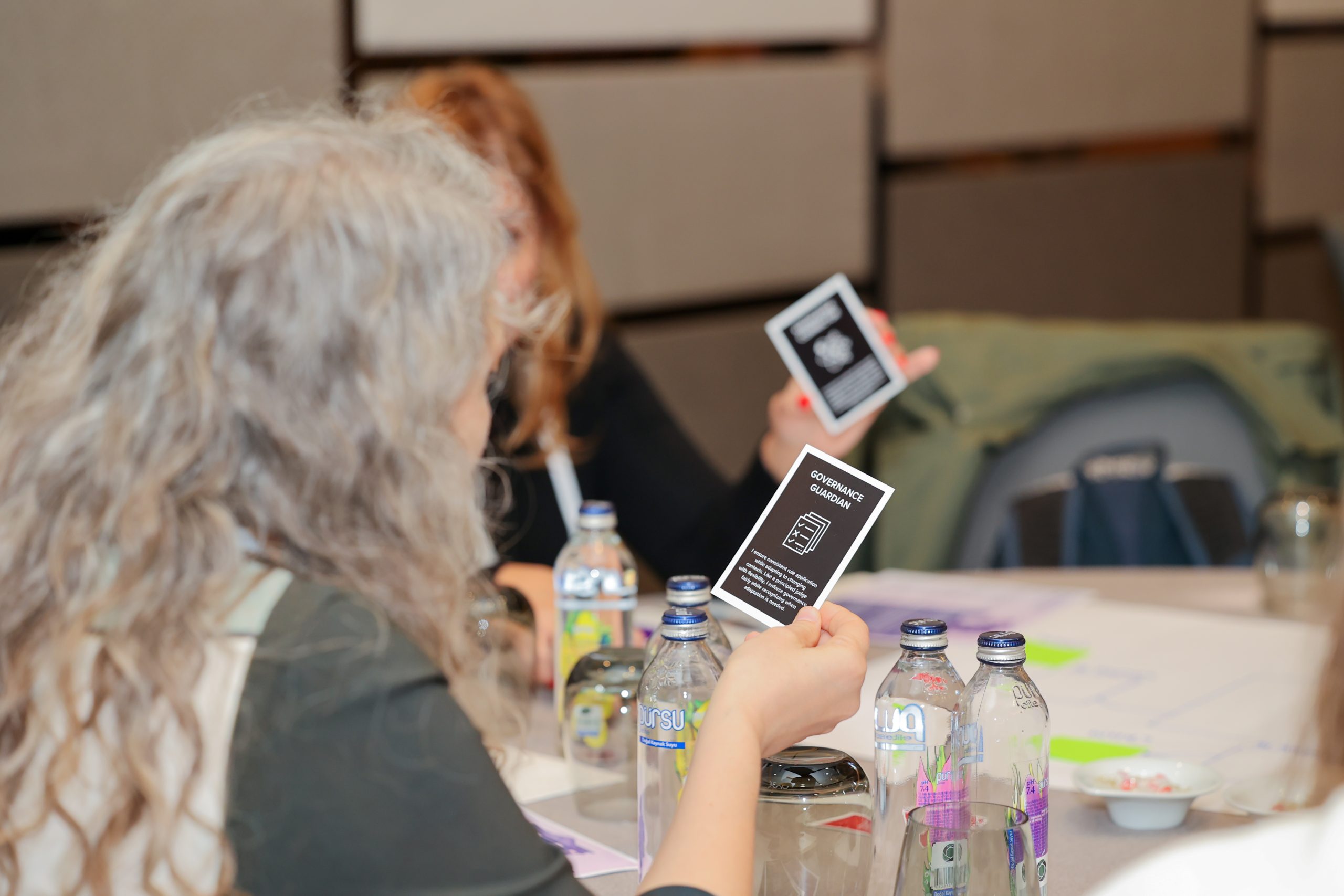
Following the Istanbul Innovation Days held in March 2025, we are releasing a series of articles capturing key insights, bold ideas and solutions that emerged […]